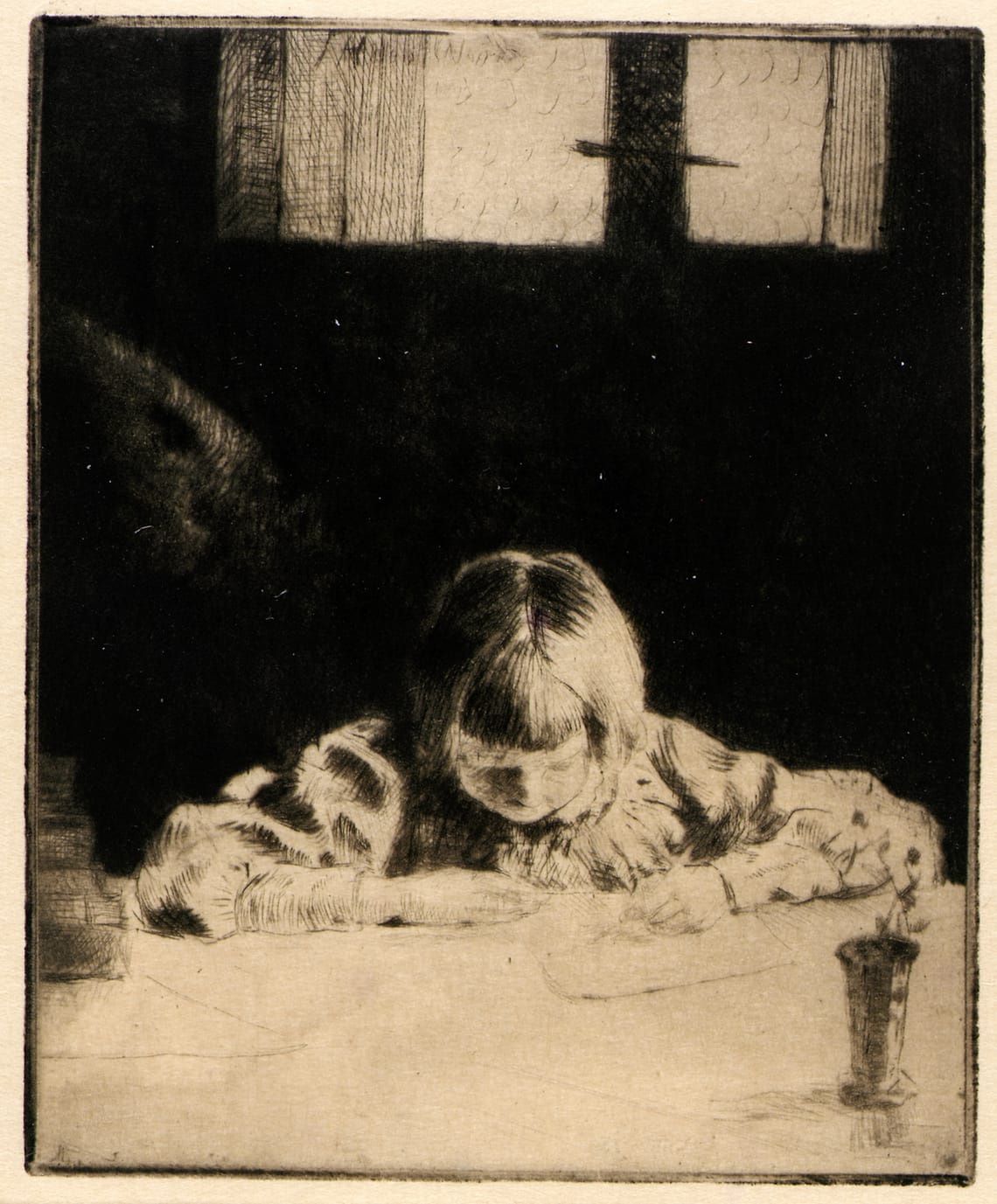Year End Requiem

The thing about an ending is that it is always constructed. It never happens naturally. There is no moment where everything just stops. Even in the far distant future, long after you and I and every one and every thing else has faded into the dark there is still eternity ahead even if that eternity is just dust and darkness. No, there is no natural end to anything. You have to build the ending.
Perhaps, then, it is that vastness that we seek to allay. The sublime terror of the infinity stretching beyond us and our imagining is more than we dare face. It so much easier to craft an end in an increment be it an hour, a day, a month, or even a year. We mark them off as indicators of meaning because, to us, they are.
This, then, is my ending. A year-end requiem for a year that has often had more dark than light. There are no screaming crowds here. There are no bands nor banners. Only me, such that I am, writing away in the quiet of my study. In this requiem, I offer you, my reader, only this small reminder. The struggles of this year are now a memory, constructed and built within your mind. You are the author of their construction and the arbiter of their translation. Never forget your power here.
This has been a long year. We leave older and wiser, maybe a lot more tired than we were, but nevertheless we leave this year. We write its ending in the stone tablets of our time and step forward into a daunting unknown. We are the heroes of this tale even if we feel unready and unsteady. There is so much more to do, but the year is done. The next adventures lies beyond the cover of this particular book. There is only the end to write. What stories shall we tell of this time? What tales remain? What will we be in this year?
This was the year this site was born. It is quiet here. I haven't pushed it much. I am okay with that. I wanted a place to post the silly, odd, and sometimes pretentious things that I write. I want to do more. That is my ending – the memory of beginning.
Now, tell me yours.






 A Glimpse into Hell, or Fear – Elihu Vedder
A Glimpse into Hell, or Fear – Elihu Vedder